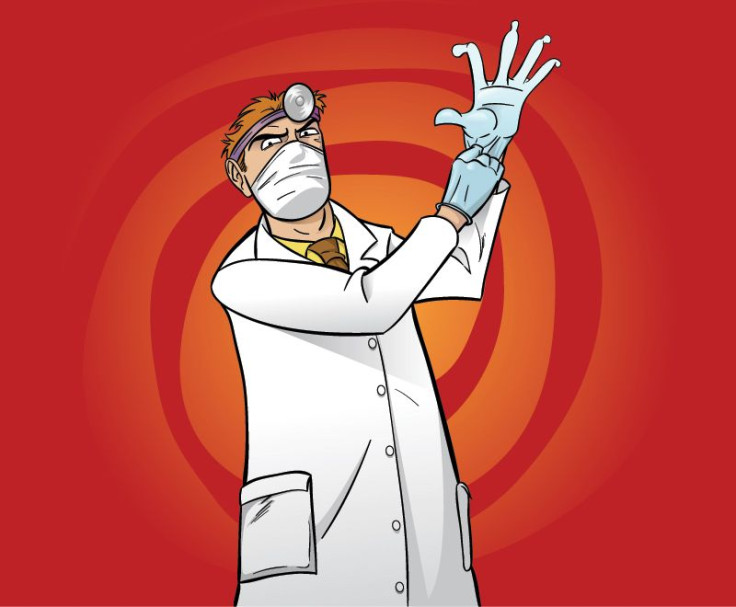Sick Day: Doctors, Midwives, Other Health Care Workers Not Likely To Call In Sick, Even When It Is The Right Thing To Do

Calling in sick is not easy in many jobs, but for one occupation it is crucial. Most physicians, nurse practitioners, midwives, and physician assistants have worked while sick despite the fact that they understand they might put their patients at risk, a new study finds.
“For centuries, a guiding principle for health care workers has been primum non nocere, or first do no harm,” wrote Dr. Jeffrey Starke, Baylor College of Medicine, in an accompanying editorial. “However, health care workers do exactly that when they work with patients while ill themselves with contagious infections.”
Researchers affiliated with University of Pennsylvania and Children’s Hospital of Philadelphia conducted a survey of all doctors and advanced practice clinicians (such as nurse practitioners) employed at the hospital between Jan. 15 through March 20, 2014. Located in a large urban area, the hospital has 521 beds and about 28,000 admissions each year. Of the health care workers surveyed, 280 attending physicians (61.0 percent) and 256 other clinicians (54.5 percent) responded.
While most (95.3 percent) said working while sick placed patients at risk, the majority (83.1 percent) reported coming into work while ill at least one time in the past year, and nearly one in 10 (9.3 percent) reported working while sick at least five times. Symptoms that did not keep health care workers home in bed included diarrhea (30.0 percent), fever (16.0 percent), and respiratory illness (55.6 percent).
Importantly, physicians were more likely to work with each of these symptoms than other workers, the researchers noted. Led by Dr. Julia E. Szymczak of the Children's Hospital of Philadelphia, the researchers asked the respondents one simple question: Why?
New Systems Needed
Health care workers' answers varied. They reported they did not want to let their colleagues down (98.7 percent), they had concerns about staffing (94.9 percent), they did not want to let their patients down (92.5 percent), and concern about continuity of care (63.8 percent). Unusually, about 64 percent said they worried their co-workers might ostracize them for calling in sick.
The comments section also revealed many believe it would be extremely difficult to find coverage, while others suggested the influence of a strong cultural norm to work unless remarkably ill. Finally, some health care workers suggested they did not understand what constitutes “too sick to work.”
“A symptomatic health care worker can transmit pathogens directly to others; contaminate shared, high-touch surfaces; and experience impaired judgment based on the severity of their illness,” wrote the authors in their study, explaining how “numerous reports of outbreaks” can be attributed to an infectious worker, including “influenza and infections with Bordetella pertussis, methicillin-resistant Staphylococcus aureus, and Norovirus.”
The authors, as well as Starke, suggest new systems must be designed to help health care workers call in sick when necessary in order to protect the patients they serve. Do no harm, it seems, is not always an easy rule to follow.
Source: Szymczak JE, Smathers S, Hoegg C, et al. Reasons Why Physicians and Advanced Practice Clinicians Work While Sick A Mixed-Methods Analysis. JAMA Pediatrics. 2015.



























